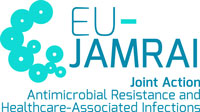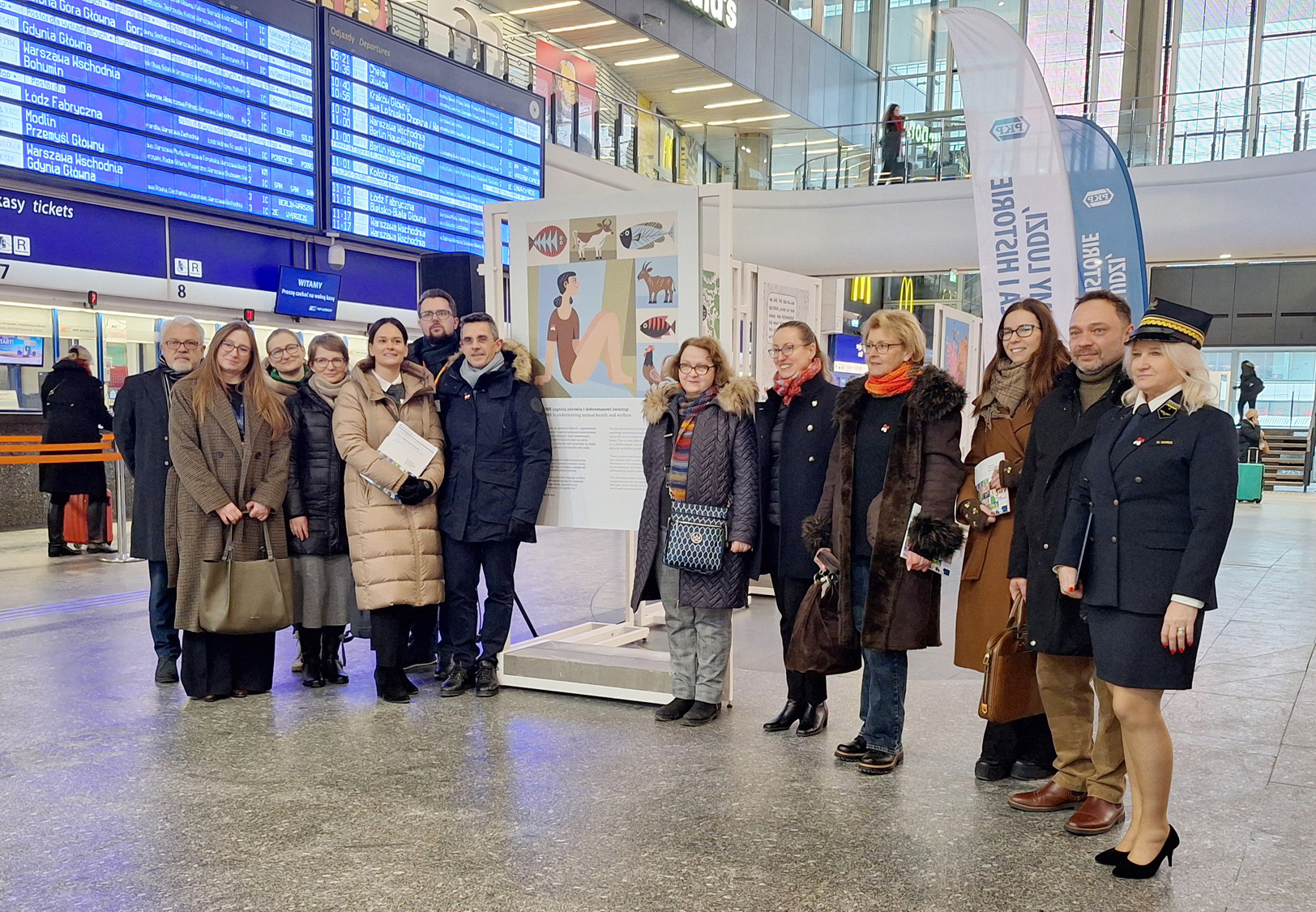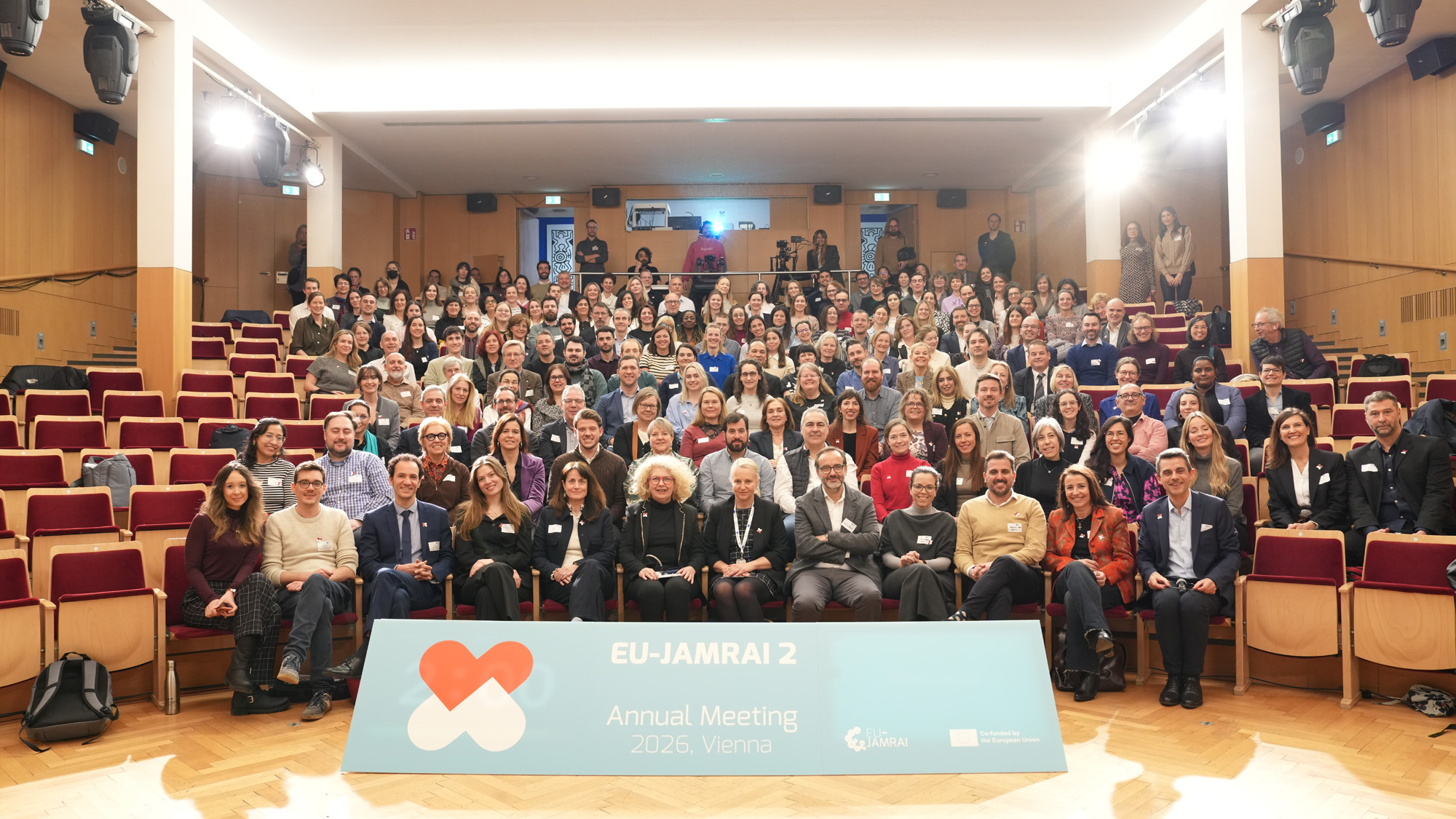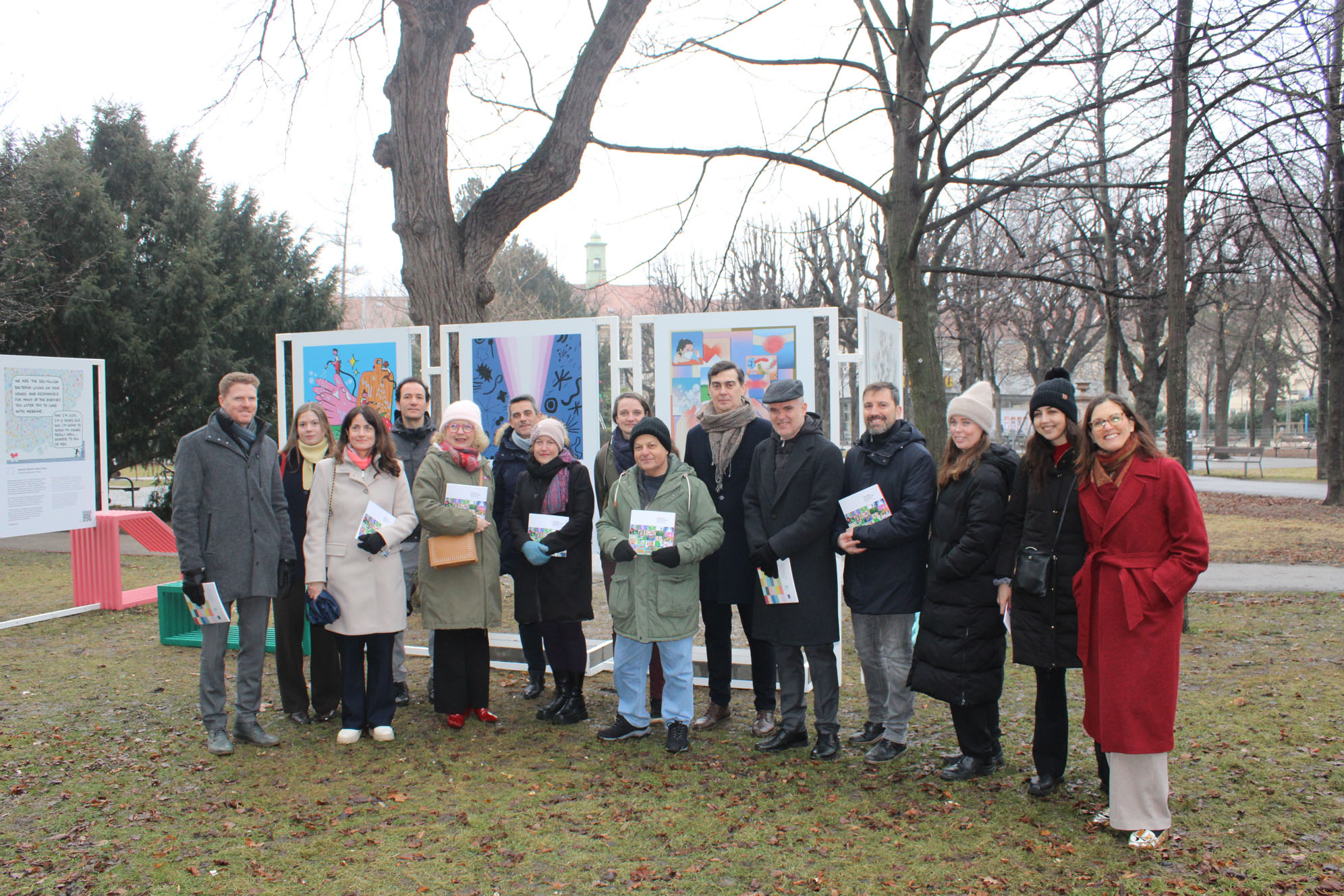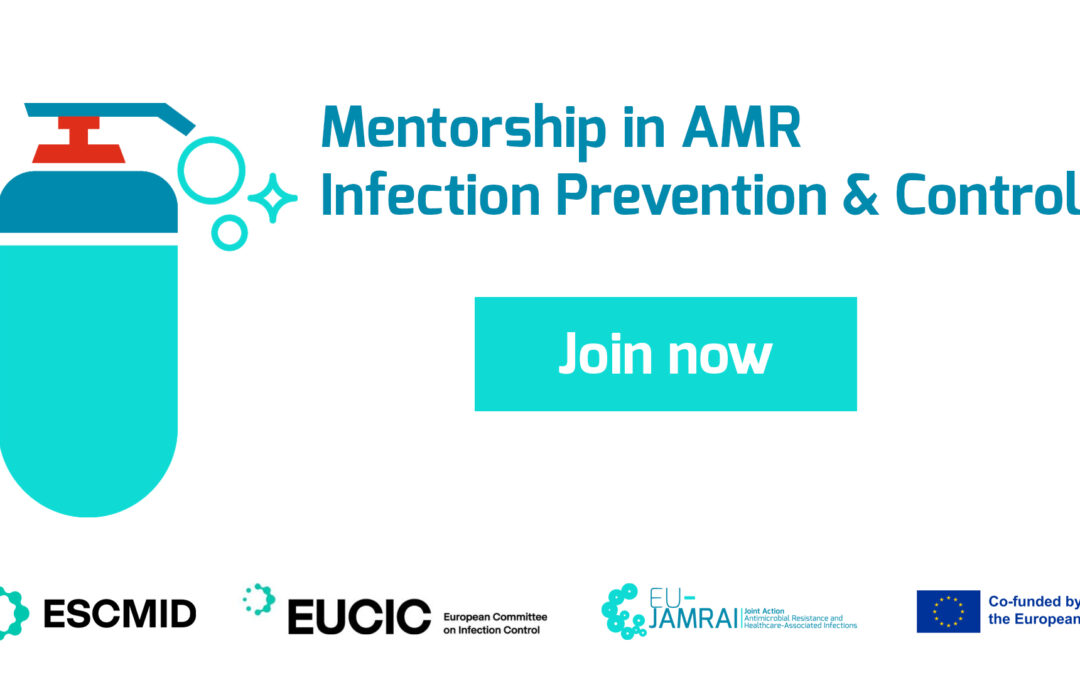The global focus on antimicrobial resistance (AMR) has primarily centered on human health. However, increasing evidence indicates that environmental factors significantly contribute to the development, transmission, and spread of AMR, affecting humans and animals.
Various human activities generate pollution that fosters the emergence of AMR in the environment. This environmental AMR can lead to diseases in humans, animals, or plants, as well as soil biodiversity loss.
With international commitment, we can implement effective solutions. By taking proactive measures, we can mitigate the harm and risks associated with antimicrobial resistance (AMR).
